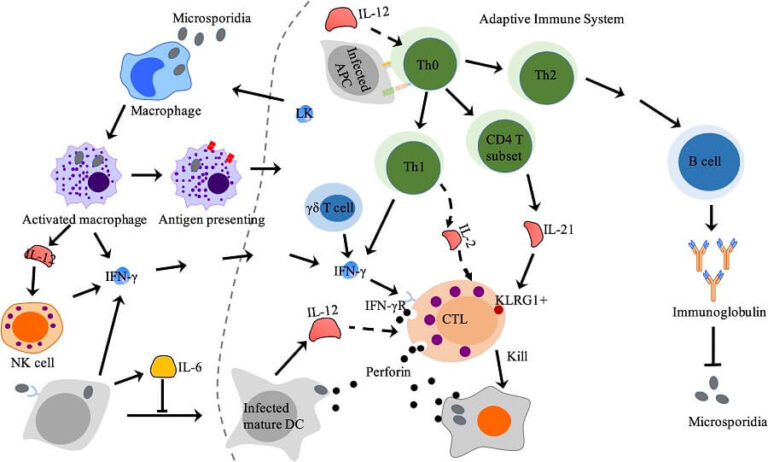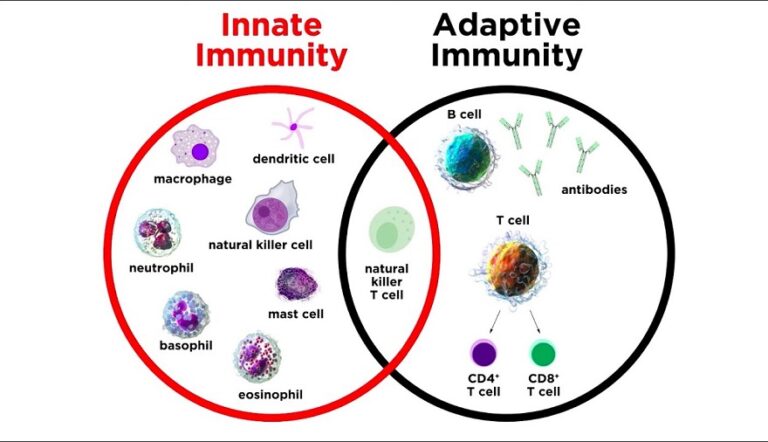Information has spread that children are less likely to become seriously ill from the new coronavirus COVID-19.
A recent study of 44,672 people with confirmed COVID-19 infection confirmed that children under 10 accounted for less than 1% of the cases and none of the 1,023 deaths. (1)
“This is different from the flu” With the flu, young children and the elderly are often the most affected.
says Akiko Iwasaki of Yale University.
Children, including very young children, can develop COVID-19. However, they tend to experience milder symptoms, such as fever, runny nose, and cough.
Some children have had severe complications, but these are rare. Only children with complicated health conditions may be at increased risk from COVID-19. Reports Harvard University in its coronavirus information center. (2)
So why does the new coronavirus affect children less? Here are the possible answers.
Children and coronavirus Why do they get sick less?
A logical explanation would be that children are resistant to infection, but that is not the case. A recent study found that children are just as likely to be infected as adults. (2)
“No one has a sure answer to that question yet,” says Iwasaki. But she and other expert virologists suspect it may be due to the unique way that children’s immune systems respond to these viruses.
A common complication of covid-19, SARS, and MERS in adults is acute respiratory distress syndrome. The immune response against the coronavirus becomes overly aggressive, causing damage to the lungs and endangering life. (5)
The resulting leakage of fluid and immune cells into the lungs causes big problems. When the immune system is trying to help by attacking the virus, it can block the absorption of oxygen in the lungs.
Because children’s immune systems are still developing, one possibility is that they are protected from this type of excessive immune response caused by the coronavirus. This phenomenon is called a cytokine storm.
Children’s undeveloped immune systems could be the explanation.
During the SARS outbreak, two studies found that children produced relatively low levels of cytokines, which may have been what protected their lungs from severe lung damage.
That doesn’t explain why children’s immune systems react differently to coronaviruses than to the common flu.
Children’s different reactions to coronavirus could be due to differences in cytokine response produced against each virus,
says Akiko Iwasaki of Yale University.
Children can also benefit from their lack of prior exposure to coronaviruses. Because they have lived longer, adults are more likely than children to have encountered other coronaviruses in their lives, such as those that cause coughs and colds, and to have milder antibodies to these viruses.
Knowing Why Children Get Less Sick from Coronavirus Could Help Adults
Understanding why children are being saved is more than just a scientific curiosity. “If we can somehow mimic children’s immune system, using therapies or medications, it could alleviate symptoms even in older adults,” says Iwasaki.
On the other hand, the fact that children do not get seriously ill does not mean that they do not contribute to the spread of the new coronavirus. There is a danger of not taking the necessary precautions because children do not get seriously ill.
There is already some indication that infected adults without symptoms can transmit the virus, which could happen in children.
A recent case study described a young child with COVID-19 who had high virus levels but no symptoms. Whether children with this condition are infectious is not yet known, but finding out will be critical in tackling this pandemic.







